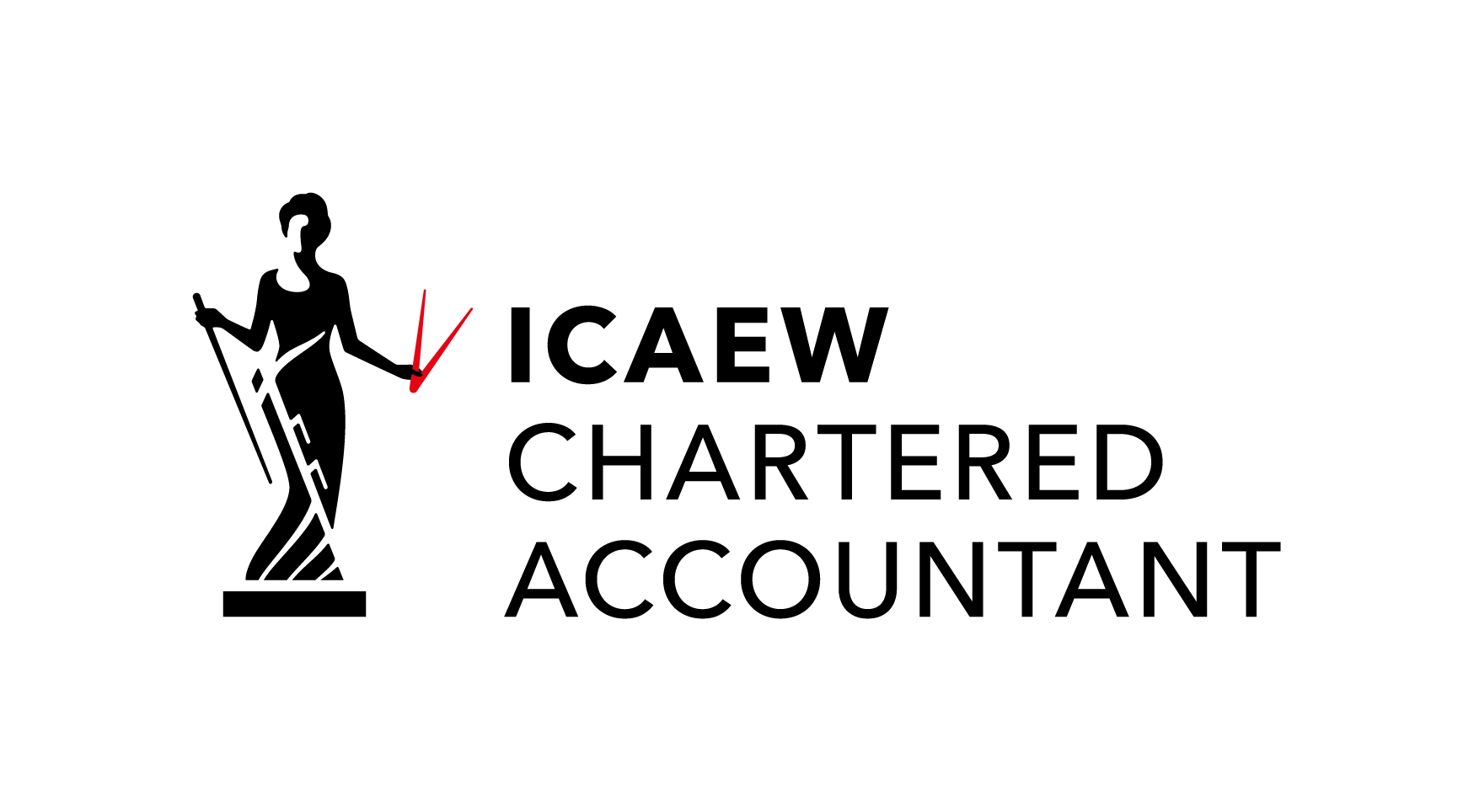The constitution is the supreme law of Nepal. The government frames all Acts and issues other directives within the purview of the Constitution prevailing in Nepal. The courts also decide the cases within the constitutional framework. As per Article 115 of Constitution of Nepal ‘no tax shall be levied and collected except when permitted by law’ by Union Government. Similarly, Provincial government and local government cannot levy tax without enacting law (Article 203 and Article 228 of the Constitution).
That’s why, Constitution is the main source of Revenue Law that provides the direction of legal framework (such as; equality, justice to all, proper representation, etc.) on the basis of which tax laws can be drafted and enacted. Government cannot levy tax to a person without framing and enforcing a law. The provisions of the law which is against the principles of Constitution shall be treated as null and void.
- Tax Legislation & Statutes
The Income Tax Act, 2058
Income Tax Act, 2058 effective from 19 Chaitra 2058 is the prevailing Act that charges income tax to different persons. Income Tax Act is the main source of Income Tax Law and tax is calculated, paid or collected within the ambit of the Act.
The Act is amended by Finance Act of every year. The Government submits Finance Bill to the parliament along with the budget which is implemented at once within the state of Nepal.
Finance Act, Ordinance or Bill:
Finance Acts or Finance Ordinances are the Acts which are effective for the period for which these are issued. Finance Act is generally issued for one income year. Income Tax Act, 2058 has a provision that Finance Act or Finance Ordinance can replace any provision of the Income Tax Act for the period. Finance Act or Finance Ordinance can amend any of the provisions of the Income Tax Act but the amended provision is applicable for the period for which the Finance Act or Ordinance is effective.
- Income Tax Regulations
It is also a major source of Income Tax Law in Nepal. The regulations clarify the different provisions of the Act as these are framed only when the Act specifies that the provisions are as prescribed in regulations. Regulations cannot contravene the provisions of the Act, and in case the regulations contravene the Act, it shall be treated as null and void.
The Council of Ministers (Cabinet) frames Income Tax Regulation. With amendments at different times, currently Income Tax Regulation 2059 is in force.
- Income Tax Directive:
Inland Revenue Department has issued Inland Revenue Department has issued Income Tax Directive in 2066 that has been updated in 2068 B.S. and 2073 B.S. pursuant to the power conferred in Sec. 139 of Income Tax Act, 2058 that clarifies the various provisions of the Act and is also the source of Income Tax Law in Nepal. The directive:
- Explain how to implement law
- Give their interpretation of the law
The Directive has been placed after the Income Tax Act, and the Income Tax Regulation for Income Tax purpose. The directive is above the public circular. Any circular that contradicts with the directive will automatically become void. The interpretation and examples in the directive are equivalent to circulars issued u/s 74. (Clause 32.7.1 of Income Tax Directive)
- Notice of IRD, Circulars, Advance Rulings, Media News Coverage
IRD issues circulars and advance rulings that are source to interpretation of Income Tax law in Nepal. The circulars issued by IRD are binding to itself but is challengeable from the view point of taxpayer. Advance rulings are binding to both the taxpayer and tax authority. IRD frequently issues notices, and media covers the news as to taxation that is also a source to tax laws in Nepal.
- Case Laws- Supreme Court Decisions
Case law refers to the decisions made in tax cases tried and tested through the courts. The results of cases that have been through the courts tend to set a precedent for the tax treatment of a particular item.
Supreme Court of Nepal is the ultimate body to interpret the constitution and law of Nepal (Article 126 and 128 of the Constitution). The decisions of Supreme Court are binding while interpreting the tax provisions (Article 128 (4) of the Constitution). The precedents set by Supreme Court are also a source to interpret Income Tax Law.

